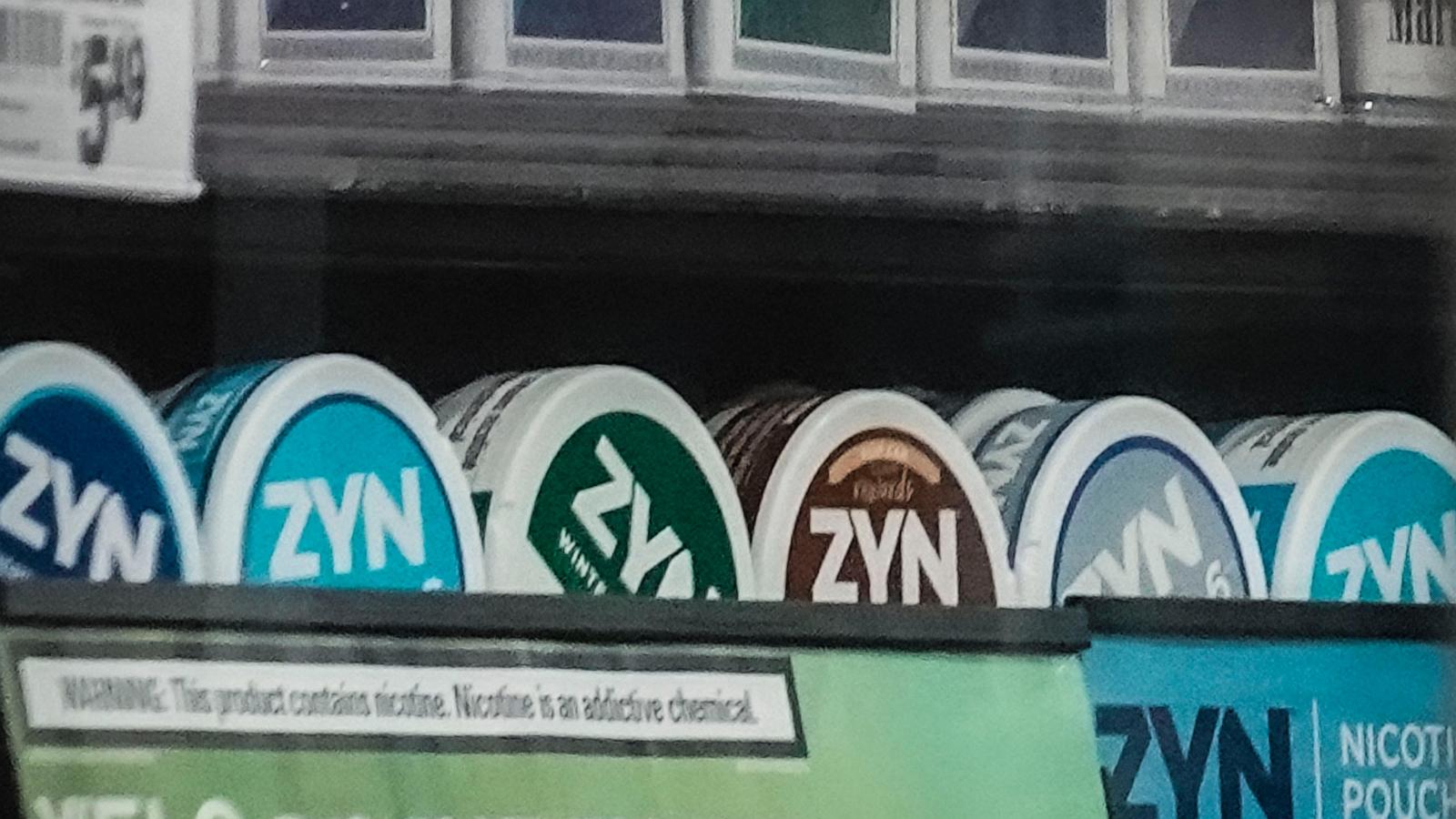Is Zyn the Future of Smoking Cessation? The FDA Weighs In
The FDA recently authorized the sale of Zyn, a nicotine pouch product, sending shockwaves through the public health community. This isn't your grandpa's tobacco; Zyn is a new player in the game, a nicotine pouch aiming to help adult smokers quit their deadly habit. But is it a miracle cure or a cleverly disguised gateway to addiction? Let's dive in and explore this controversial, and frankly, fascinating topic!
What is Zyn, and How Does it Work?
Zyn, a product of Philip Morris International, is a small nicotine pouch. Unlike traditional tobacco products or even e-cigarettes, Zyn is completely tobacco-free. It's essentially a tiny pack of flavoring and nicotine that users place between their gums and cheek. The nicotine is absorbed into the bloodstream through the gums, helping satisfy those persistent cravings without the harmful smoke or chewing. Sounds too good to be true? Let's look deeper.
Less Harmful than Cigarettes? Here's what the FDA Says
The FDA's decision is based on the claim that it's less harmful than traditional smoking and other smokeless tobacco. Data presented to the agency suggested a significant portion of adult smokers successfully switched to Zyn completely. While the FDA's approval doesn't guarantee the complete safety of Zyn, it signifies the agency’s recognition of its potentially lesser-harmful nature, a critical aspect in the fight against smoking-related illnesses. While this finding certainly doesn't equate to Zyn being 100% safe, this lesser-harm claim does offer some hope.
The Controversy Surrounding Zyn: Flavors and Youth Appeal
Of course, there are valid criticisms. The introduction of flavored options, similar to that of previous nicotine-delivery devices, is of particular concern. Critics cite the fear of youth attraction due to enticing flavor choices like citrus and mint. Advocacy groups like Campaign for Tobacco-Free Kids actively condemn this, fearing the possibility of an addiction epidemic, especially in light of similar controversies surrounding vaping.
The Role of Social Media
In today's digital age, the power of social media can’t be disregarded. The FDA is wary of Zyn’s potential to attract younger generations because of popular social media videos that have amassed millions of views featuring young individuals using the product. However, it's important to emphasize that this doesn't invalidate the product's potential benefit to adult smokers already facing nicotine dependence. This highlights the ongoing conversation of striking a balance between health and regulation in the ever-evolving world of social media. The FDA's decision, in the midst of all this, is an example of a challenging risk-versus-reward judgment.
Political and Public Opinion Divides
The Zyn authorization has fueled debate beyond mere public health discussions. Zyn has become a surprising battlefield in American politics. While Democrats expressed anxieties and calls for further scrutiny, highlighting youth appeal and nicotine's addictiveness, Republicans raised concerns about regulatory overreach, viewing it as an attack on individual liberty. The divide represents a new front in the culture wars, with prominent figures such as Tucker Carlson weighing in on this contentious debate.
Understanding the Two Sides of the Argument
This is a complex subject and public discussion reveals both a health concern (related to the introduction of nicotine pouches with various flavors in a market lacking sufficient safety controls for younger individuals) and also an argument against a type of “big brother” government control over the individual choices people can make with respect to smoking cessation. There are indeed health concerns about introducing nicotine pouches, but at the same time, many believe it to be beneficial for smokers who want to switch over to a less harmful form of nicotine consumption.
Is Zyn a Game-Changer or Just Another Nicotine Delivery System?
Zyn presents a unique dilemma for health officials and policymakers: potentially a harm-reduction tool that may lead to additional health concerns. While it offers a purportedly safer alternative for adult smokers looking to quit cigarettes, it remains to be seen how this new tobacco alternative affects society long term. What's clear is that Zyn's debut brings both advantages and concerns for a sector with a history fraught with contradictions.
Long-Term Health Impact: Ongoing Research is Essential
Long-term health impacts are crucial aspects needing further research to conclude whether Zyn represents a real harm-reduction strategy or a new risk of nicotine addiction. This will shape future strategies of public health campaigns and guidelines.
Take Away Points:
- The FDA's authorization of Zyn is a landmark decision with far-reaching implications.
- While potentially less harmful than traditional smoking, it still contains nicotine, making it an addictive substance.
- The debate highlights the ongoing challenges in balancing public health concerns with individual liberties.
- Ongoing research is necessary to fully evaluate Zyn's long-term health effects.




